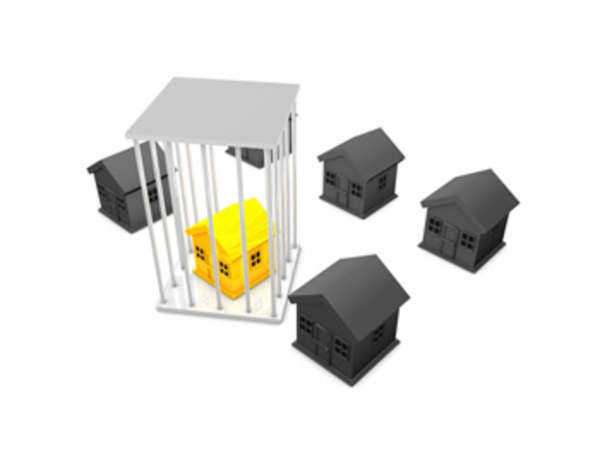Short Sale
What is a Short Sale in Real Estate?
A short sale is a transaction of real estate where the proceeds from selling a property fall short of the balance of outstanding debts secured by liens against said property. This transaction—whichs results in the property owner’s inability to repay the liens’ full amounts—is undertaken by the lien holders, who agree to release the lien and accept less than the original amount owed on the debt. The unpaid balance owed to the creditors (entity who holds the lien) is known as a deficiency.

Short sale transactions; however, will not necessarily release the property owners (borrowers) from their obligation to fulfill any deficiencies attached to the loans, unless specifically agreed on between the two parties. The short sale transaction is typically used as an alternative to a foreclosure because it mitigates reoccurring or additional fees to both the borrower and creditor. That being said, the short sale does not come without negative externalities; a short sale will often result in a negative credit filing against the owner of the property.
Short Sales: Selling your Property at a Discount
If you are unable to satisfy the terms of your mortgage agreement, a short sale may be desirable to avoid foreclosure. Creditors will typically require you to prove the existence of an economic hardship that impedes you from satisfying the deficiencies present in your mortgage agreement.
Large banks or creditors utilize special loss mitigation departments that are responsible for evaluating a borrower’s application for short sale approval. If you apply for a short sale, the bank will use pre-determined criteria for approving your application. This process will evaluate the current market value of your home, as well as various broker opinions, concerning the price and value of your property. Once this information is obtained, the borrower will construct a suitable real estate short sale package.
Depending on the mortgage holder’s policy and the variables surrounding the loan, a creditor may accept applications from a property holder even if the individual is in default with their payments. Contact a foreclosure lawyer to consult your case.
Necessary Information Regarding Short Sales: Buying a Short Sale
A short sale in real estate occurs when a lender (entity holding a mortgage) accepts a discount on the mortgage repayment to avoid a prospective foreclosure auction or bankruptcy filing. Instead of purchasing the property from a seller, you are purchasing the property directly from the lender for a discounted price. For example, a homeowner, who is in the midst of foreclosure, has an existing mortgage of $400,000. If you write an offer to the lender for $250,000, it may be accepted as full payment for the mortgage loan.
The banks are willing to take the discounted offer because they want to rid themselves of the excess property and the bad loan on their balance sheet. Furthermore, the bank, by accepting the short sale, mitigates the risk of loss associated with an auction hearing—the property is exposed to an assortment of fees and may sell for less in an auction format.
It is best to engage in a short sale when the property is in a pre-foreclosed state. Although you can purchase a home when the bank owns the property, your profits will typically be smaller. A pre-foreclosed short sale has two stages: the previous homeowner is behind on payments or the previous homeowner has defaulted on his or her mortgage. To engage in a short sale purchase, you must contact the homeowners who are in the latter stage of pre-foreclosure—the homeowner’s must be at least 3 payments behind on their mortgage.